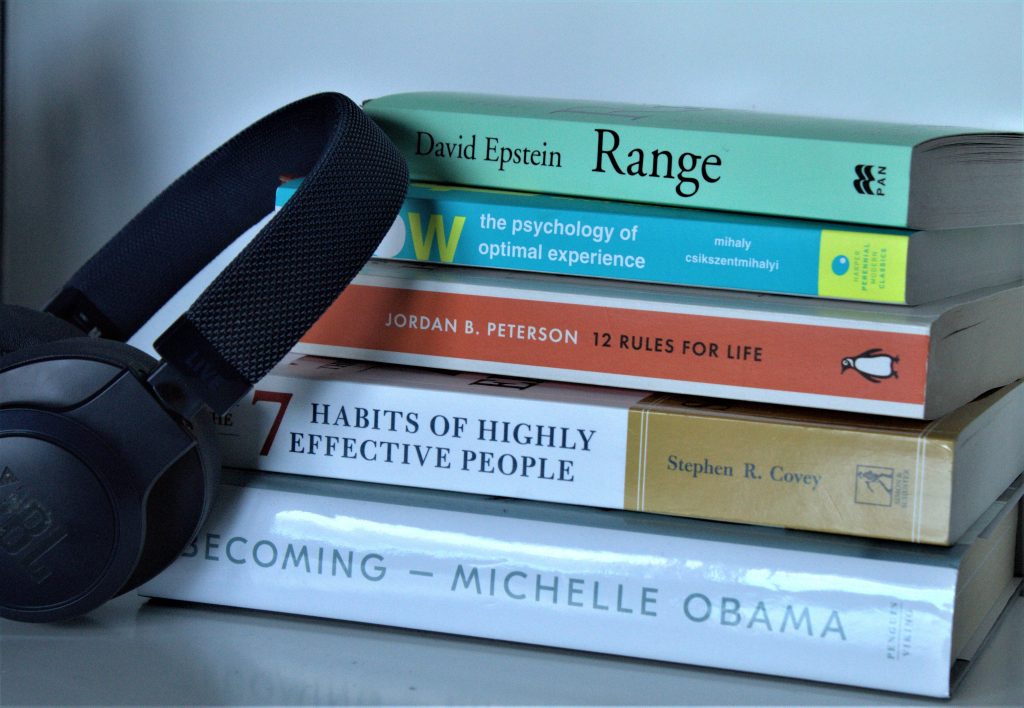Self-confidence is the belief in oneself and one’s abilities. It is the foundation of success and happiness in life. When you have high self-confidence, you feel more capable, resilient, and optimistic about the future. However, many people struggle with low self-confidence, which can hinder their personal and professional growth. Fortunately, there are techniques and tips that can help boost your self-confidence and build a stronger self-image.

Identify your strengths and weaknesses
To build self-confidence, you must first know your strengths and weaknesses. Take an honest and objective assessment of your skills, talents, and abilities. Write down your strengths, and be specific about how they have helped you achieve success in the past. Also, identify areas where you can improve. Knowing your weaknesses can help you focus on self-improvement and build a stronger sense of self.
Focus on your achievements
Instead of dwelling on your failures or shortcomings, focus on your achievements. Celebrate even the small wins, and acknowledge your progress. Remember that your accomplishments are evidence of your skills and abilities. Keep a journal where you record your achievements, and refer to it when you need a boost of self-confidence.
Practice self-compassion
Self-compassion means treating yourself with the same kindness and understanding that you would offer to a friend. Instead of criticizing yourself harshly for mistakes or setbacks, practice self-compassion by acknowledging that everyone makes mistakes. Treat yourself with patience and understanding, and be kind to yourself.
Visualize success
Visualization is a powerful tool that can help you build self-confidence. Imagine yourself achieving your goals and visualize the steps you need to take to get there. Visualizing success can help you feel more confident in your abilities and motivate you to take action towards your goals.
Take action
Building self-confidence requires taking action. Set small goals for yourself, and take steps towards achieving them. Each time you achieve a goal, you will feel more confident in your abilities. Remember to be patient with yourself, and celebrate your progress.
Surround yourself with positive people
The people you surround yourself with can have a significant impact on your self-confidence. Surround yourself with positive, supportive people who encourage you and believe in your abilities. Avoid people who bring you down or make you doubt yourself.
Practice self-care
Self-care is essential for building self-confidence. Take care of your physical, emotional, and mental well-being. Eat a healthy diet, get enough sleep, exercise regularly, and practice relaxation techniques like meditation or yoga. Taking care of yourself can help you feel more confident and capable.
Self-care is essential for building self-confidence. Take care of your physical, emotional, and mental well-being.
Challenge negative self-talk
Negative self-talk can erode your self-confidence and self-esteem. When you catch yourself engaging in negative self-talk, challenge it. Ask yourself if what you are saying is true or helpful. Replace negative self-talk with positive affirmations and self-talk.
Learn new skills
Learning new skills can help you build self-confidence and self-esteem. Identify skills that you are interested in learning and take steps to acquire them. Learning new skills can help you feel more competent and confident in your abilities.
Dress for success
How you dress can impact how you feel about yourself. Dressing well can boost your self-confidence and make you feel more capable and competent. Dress in clothes that make you feel good about yourself, and that reflect your personal style.
In essence, building self-confidence is an essential aspect of personal and professional growth. It requires a combination of self-awareness, self-compassion, and action. By identifying your strengths and weaknesses, focusing on your achievements, practicing self-compassion, visualizing success, taking action, surrounding yourself with positive people, practicing self-care, challenging negative self-talk, learning new skills, and dressing for success, you can boost your self-confidence and build a stronger self-image. These tips and techniques may take time and effort to implement, but the results are well worth it.
It is important to remember that self-confidence is not a fixed trait, but rather a skill that can be developed over time. It requires consistent practice and effort to build and maintain. However, with dedication and perseverance, anyone can develop a strong sense of self-confidence and achieve their goals.
In addition to the tips and techniques mentioned above, there are other strategies that can help boost self-confidence. For example, seeking feedback from others, volunteering, and facing fears and challenges can all contribute to building self-confidence. It is important to find the strategies that work best for you and to implement them consistently.
It is also important to recognize that building self-confidence is not a linear process. There will be ups and downs, and setbacks along the way. However, it is important to remain patient and kind to yourself, and to keep moving forward towards your goals.
In summary, building self-confidence is a vital part of personal and professional success. It requires a combination of self-awareness, self-compassion, and action. By identifying your strengths and weaknesses, focusing on your achievements, practicing self-compassion, visualizing success, taking action, surrounding yourself with positive people, practicing self-care, challenging negative self-talk, learning new skills, and dressing for success, you can boost your self-confidence and build a stronger self-image. With dedication and perseverance, anyone can develop a strong sense of self-confidence and achieve their goals.




